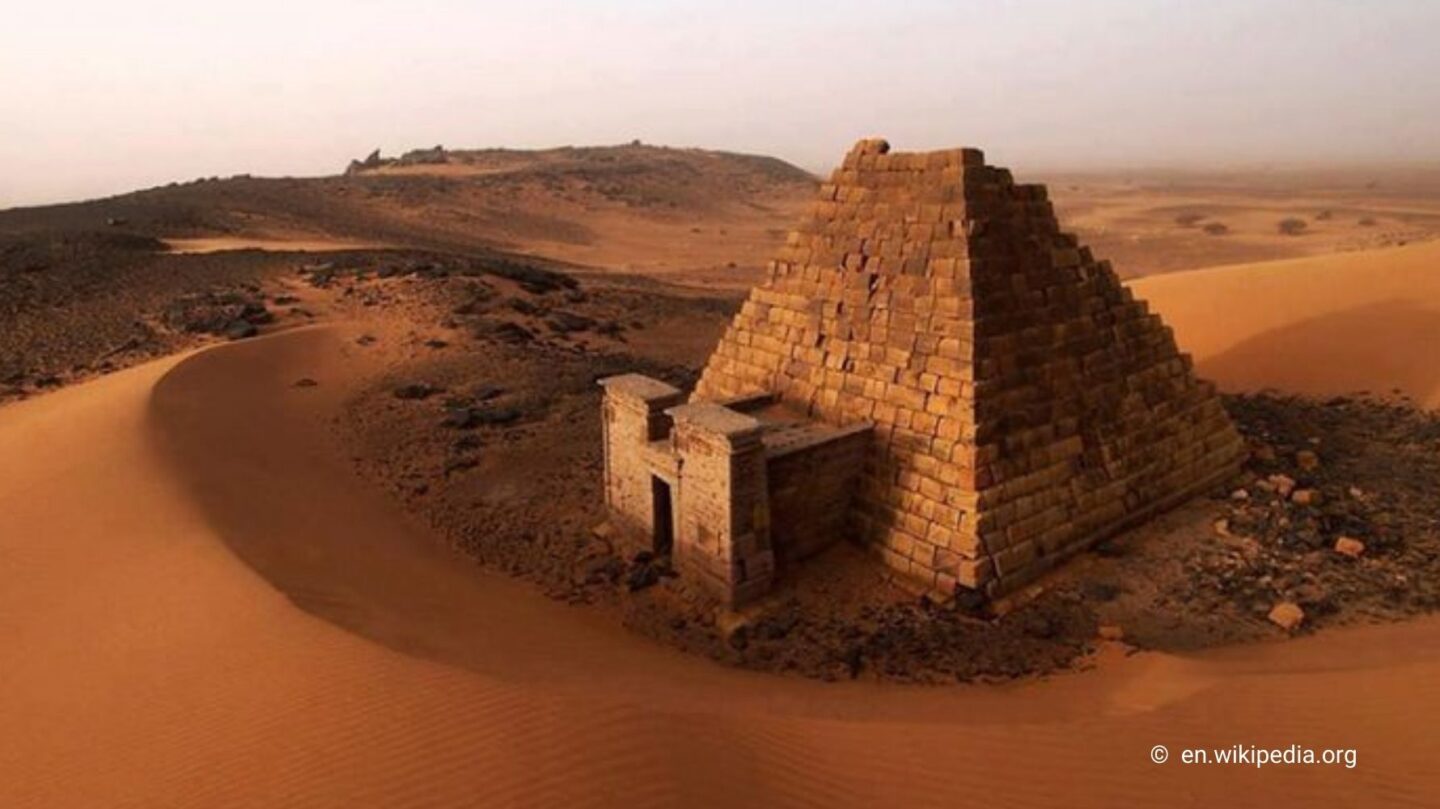The Hidden History of Africa
Africa, often referred to as the “Cradle of Humanity,” is home to some of the world’s oldest and most advanced ancient civilizations. While empires such as Egypt are widely celebrated, many powerful African kingdoms remain largely forgotten in global history. These lost empires shaped trade, culture, and politics across continents, leaving behind remarkable legacies that modern historians are still uncovering.
From flourishing trade routes to awe-inspiring architecture, the forgotten kingdoms of Africa offer a window into a vibrant and complex past.
The Kingdom of Kush: A Rival to Ancient Egypt
Located south of Egypt in present-day Sudan, the Kingdom of Kush thrived between 1070 BCE and 350 CE. Often overshadowed by its northern neighbor, Kush was a powerful empire in its own right, controlling vast trade routes along the Nile River. The Kushites ruled Egypt during the 25th Dynasty, known as the “Kushite Dynasty,” and built pyramids in Nubia, which still stand today as reminders of their architectural achievements.
The city of Meroë, Kush’s capital, became a hub of iron production, art, and culture. The Kushite kings blended Egyptian traditions with their own, creating a unique cultural identity. Though the kingdom eventually declined, its influence on African and Mediterranean history remains undeniable.
The Kingdom of Axum: A Center of Trade and Religion
The Kingdom of Axum, located in modern-day Ethiopia and Eritrea, emerged as a major trading empire between the 1st and 7th centuries CE. Axum’s strategic position near the Red Sea allowed it to control trade routes between Africa, Arabia, and the Mediterranean. Goods such as ivory, gold, spices, and silk flowed through Axum, making it one of the wealthiest kingdoms of its time.
Axum is also notable for its role in early Christianity. King Ezana converted to Christianity in the 4th century CE, making Axum one of the first African states to adopt the religion. The kingdom left behind stunning relics, including towering stone obelisks, intricately carved coins, and the ruins of ancient churches.
Great Zimbabwe: The City of Stone
In the heart of southern Africa lies Great Zimbabwe, a medieval city that flourished between the 11th and 15th centuries CE. Built by the ancestors of the Shona people, Great Zimbabwe is famed for its impressive stone architecture, including the Great Enclosure—a massive stone wall constructed without mortar.
Great Zimbabwe was a center of trade, linking southern Africa to the Swahili Coast and beyond. Gold, ivory, and other valuable goods passed through the city, creating immense wealth. However, the reasons for its decline remain unclear, with theories pointing to environmental changes and overuse of resources. Today, the ruins of Great Zimbabwe stand as a testament to the ingenuity and sophistication of its builders.
The Empire of Mali: Wealth and Learning
The Mali Empire, which rose to prominence in West Africa during the 13th century, was renowned for its wealth, trade, and scholarship. At its height under Mansa Musa, one of the wealthiest rulers in history, Mali controlled vast gold mines, contributing to its prosperity and influence.
The city of Timbuktu became a renowned center of learning, attracting scholars from across Africa and the Islamic world. Libraries, mosques, and schools flourished, with the famous University of Sankore preserving knowledge in fields such as science, mathematics, and literature. The Mali Empire’s legacy as a hub of culture and education remains a cornerstone of African history.
A Legacy Rediscovered
The forgotten kingdoms of Africa are vital chapters in human history, showcasing innovation, trade, and cultural exchange. These empires shaped their regions and influenced the world, yet their contributions have often been overlooked.
Today, renewed archaeological research and historical exploration are helping rediscover Africa’s lost kingdoms. By acknowledging their achievements, we gain a deeper understanding of the continent’s rich and diverse past—one that continues to inspire and shape our world.
